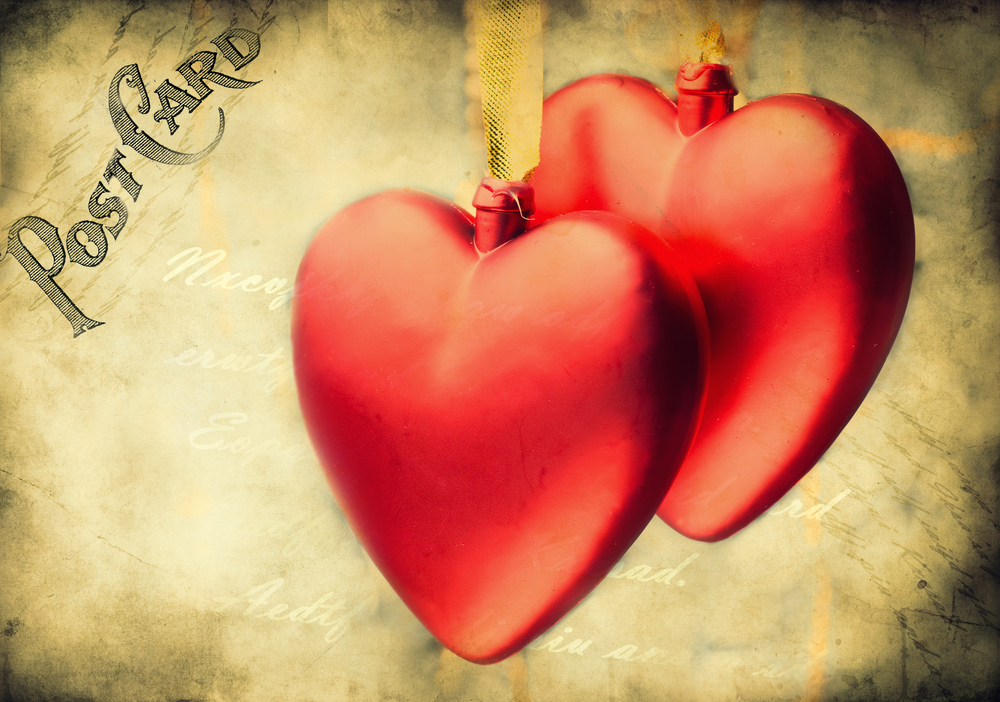Valentine's Day: Geeky Gift Ideas For Your Sweetheart

If you're looking to spoil your science-minded sweetheart with a special gift on Valentine's Day on Friday, the American Chemical Society has some ideas for how to inject a little chemistry into the festivities.
The ACS has put together a list of ideas for science-y Valentine's Day cards and gifts, including experiments that couples can do together. The organization provides links to websites where users can create color-changing cards, print out chemistry-themed Valentines, and peruse a collection of "cards fit for geeks."
Among some of the suggestions are cards that say, "We make a perfect electron pair," "I will alloys love you," "You light my Bunsen burner," and "Valentine, I have my ion you."
If science puns are not your cup of tea, the ACS also has ideas for Valentine's Day gifts, including instructions for how to make bath fizzies, chemistry-themed necklaces and scarves, and a crystal heart. [Check out these fun science-minded T-shirts]
The website also links to news and research articles that explain the science of love. A blog entry written by Larry Sherman, a senior scientist in the division of neuroscience at the Oregon National Primate Research Center, explains the effect of love on the brain.
"One of the jobs of the orbitofrontal cortex in each of our brains is to interpret facial expressions," Sherman wrote. "When two people are really attracted to each other, and lock eyes on one [another], the orbitofrontal cortex in each of their brains lights up at [the] same time — sort of like two light bulbs turning on at the same time."
Other ideas from the ACS include experimental twists on classic Valentine's Day gifts. In one laboratory investigation, users can isolate the compounds that make up the fragrance of roses. In another tutorial, people can learn how to color the petals of carnations or daisies.
Sign up for the Live Science daily newsletter now
Get the world’s most fascinating discoveries delivered straight to your inbox.
And, since no Valentine's Day is complete without chocolate, the ACS suggests doing a fun experiment with your Valentine that involves eating chocolate in the name of science. The experiment attempts to demonstrate how people's chocolate experience changes depending on the temperature.
Follow Denise Chow on Twitter @denisechow. Follow Live Science @livescience, Facebook & Google+. Original article on Live Science.

Denise Chow was the assistant managing editor at Live Science before moving to NBC News as a science reporter, where she focuses on general science and climate change. Before joining the Live Science team in 2013, she spent two years as a staff writer for Space.com, writing about rocket launches and covering NASA's final three space shuttle missions. A Canadian transplant, Denise has a bachelor's degree from the University of Toronto, and a master's degree in journalism from New York University.









